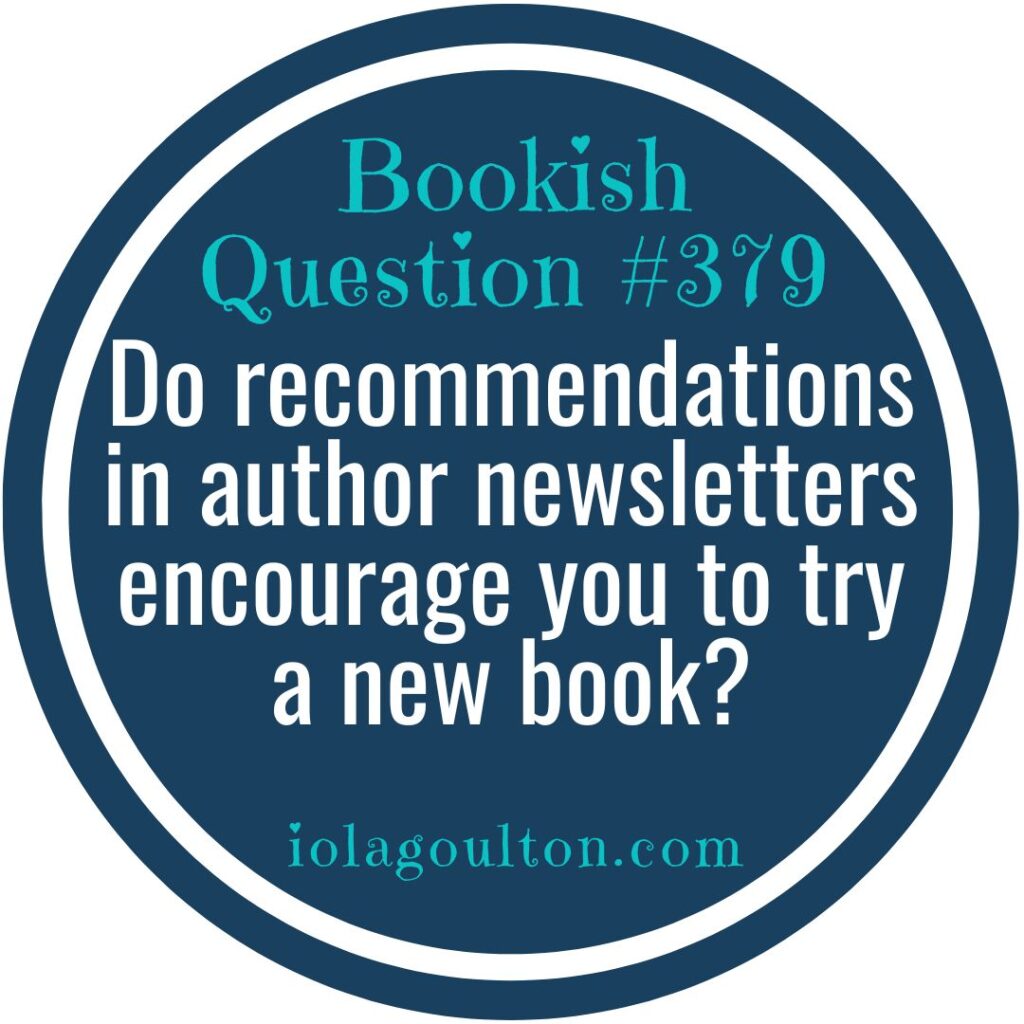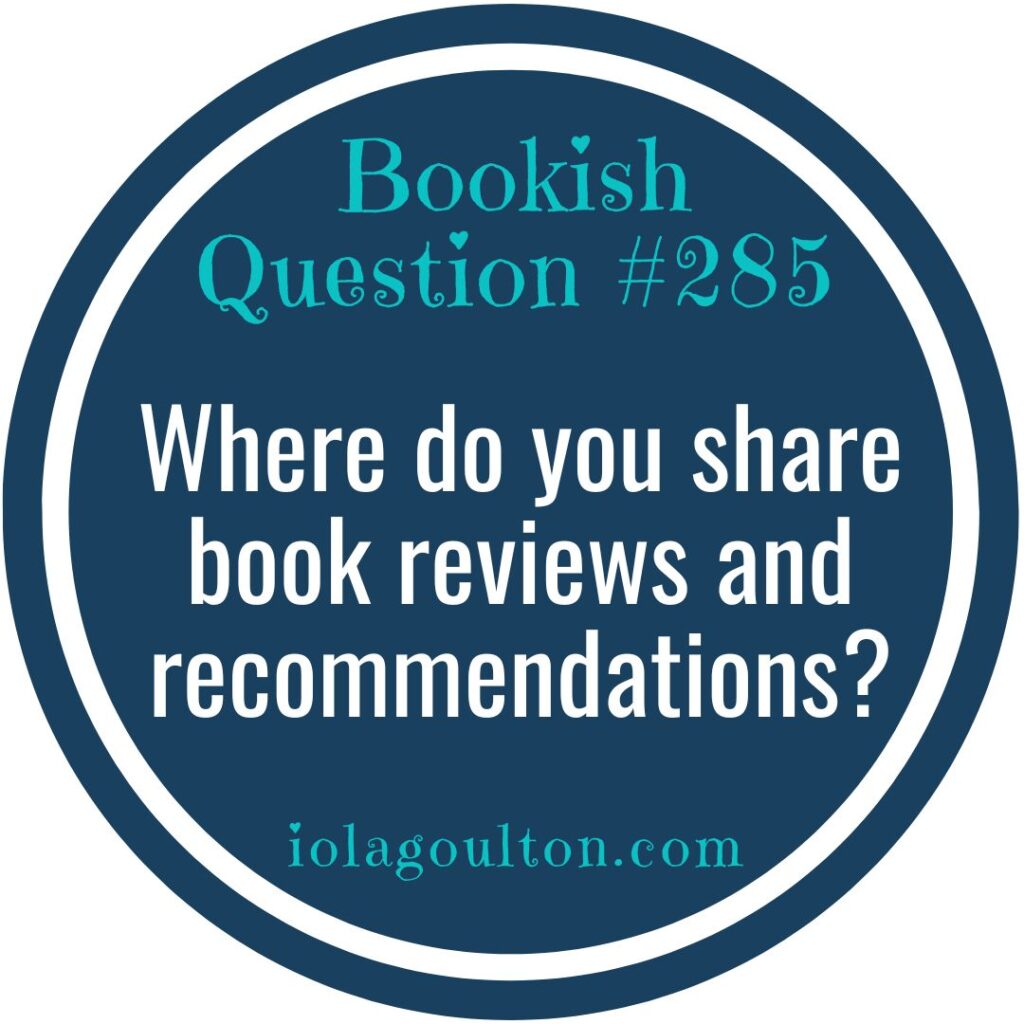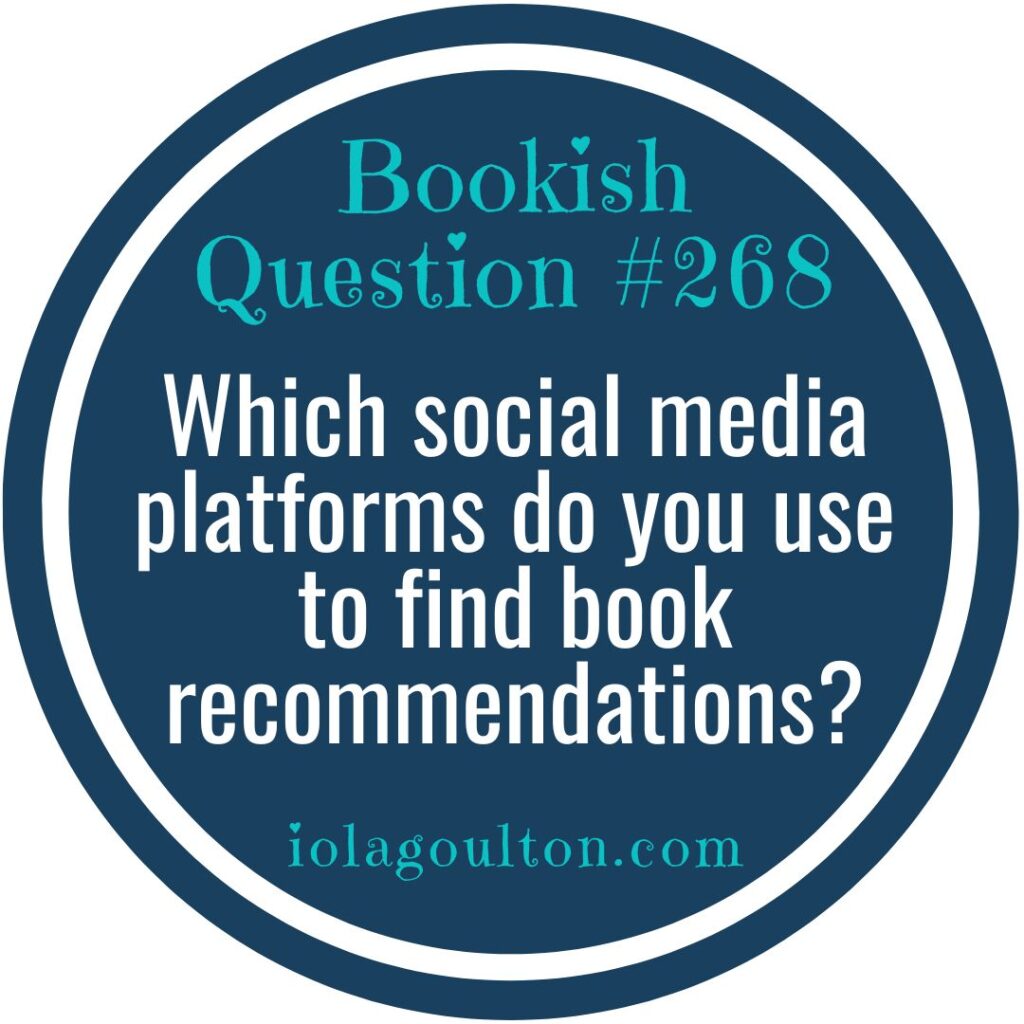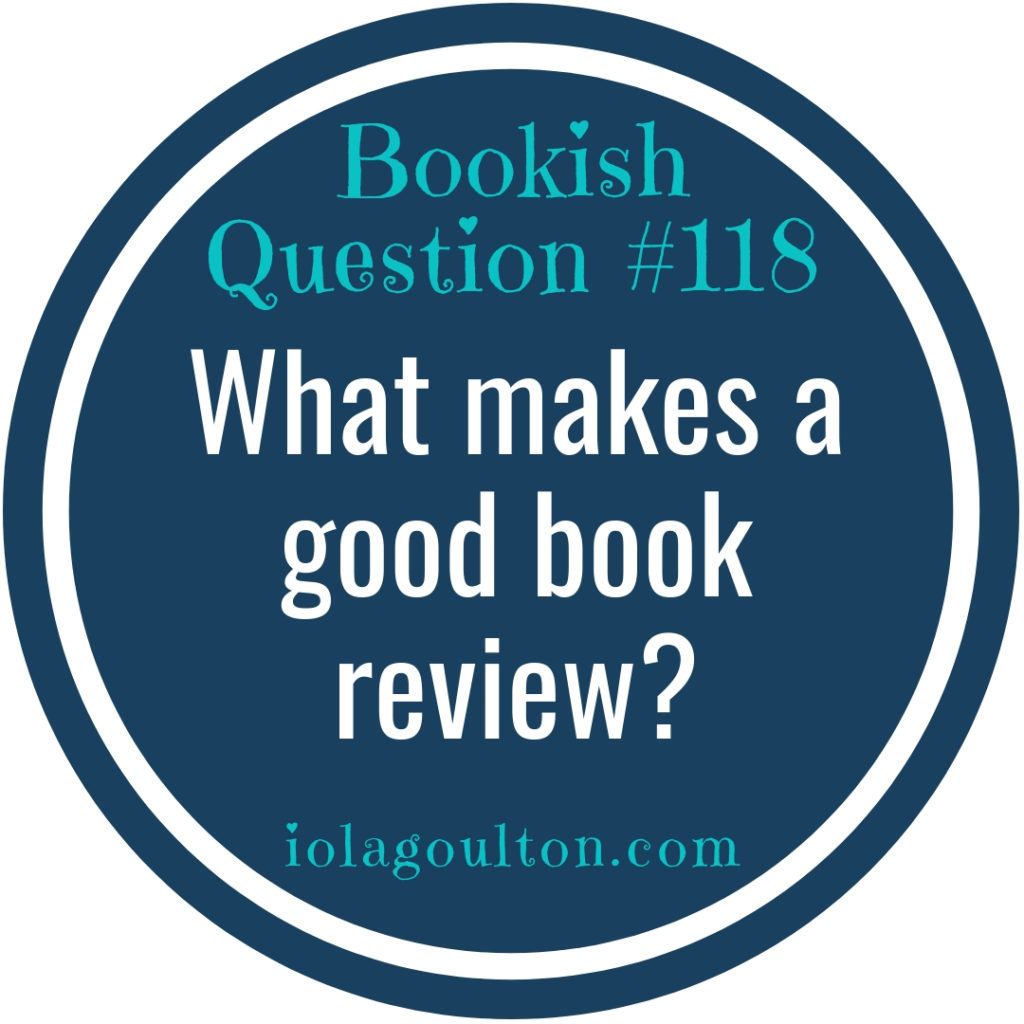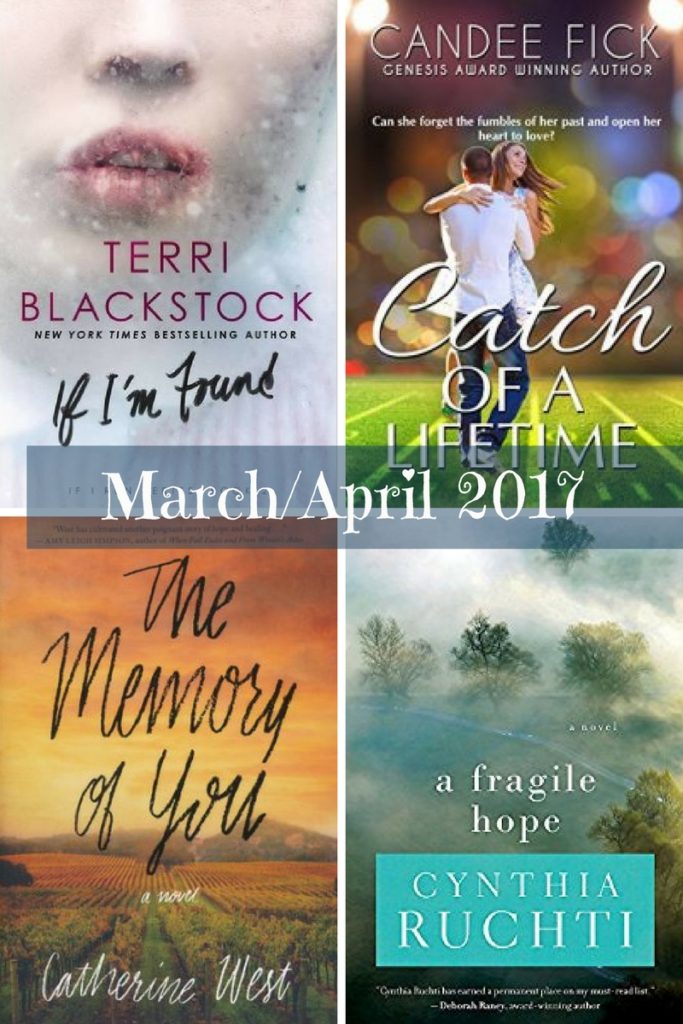Reviews are for readers.
The objective of a review is to help a potential reader decide whether or not they will like a particular book. Should they spend their hard-earned money buying this book? Is it worth their time to read? My time is valuable. I don’t want to waste hours reading a bad book when I could be reading a good book.
So what makes a good book review?
Some reviewers, especially Christian reviewers, say a good book review is a five-star review. They believe that “if you can’t say anything nice, don’t say anything at all”, or that a positive review is building up God’s Kingdom.
I disagree.
I don’t believe God’s Kingdom is built on second-rate work.
Praising books with basic writing faults encourages mediocrity, and we should be aiming to give God our best. This takes a combination of (God-given) talent and (our) hard work.
I also believe reviews should be honest.
Readers deserve to know whether a book is worth their time and money. Even a free book takes several hours to read, hours the reader can never get back, so the book needs to be good enough to justify that time. As a reviewer I have a responsibility to be honest, and sometimes that means being critical. If I don’t like a book, I need to say so.
It’s hard to write a less-than-glowing review. Really hard. It’s much easier to write a four-star ‘I liked it’ review or a five-star ‘I loved it’ rave than to try and explain why I could barely finish the book “everyone” else loved.
Having said that, I don’t review every book I read. And I don’t publish every review I write.
I don’t have time. And I don’t have the space on my blog. I’m only sharing one new review a week, so (as far as possible) I want to review books I’ve enjoyed and recommend. On that note, I don’t force myself to finish every book I start. If I get to the point where I’d rather clean the toilet, then that book goes on the Did Not Finish pile.
But we’re all different.
I’ve had conversations with hundreds of book reviewers over the years, and discovered that most of us tend to write the kind of reviews we like to read. So people who like reading long book report-type reviews with all the trigger warnings and all the spoilers will write those kinds of reviews. People who like the one-sentence “best book eva!” reviews will write those reviews.
Over the years I have come to the conclusion that there are five main aspects that contribute to my enjoyment of a book.
So these are the issues I try to address when I write a review:
- Plot: Does the plot make sense? Do the sub-plots add to the overall story? Is it believable? Is it original, or do I feel I’ve read it before?
- Characters: Do I like the characters? Are they people I’d want to know and spend time with in real life? Or are they too-stupid-to-live clichés?
- Genre: Does the book conform to the expectations of the genre? If it’s Christian fiction, does the protagonist show clear progression in their Christian walk? If it’s romance, is there an emotionally satisfying ending? If it’s fantasy or science fiction, has the author succeeded in convincing me the world they have created is real?
- Writing and editing: With many books, especially those from small publishers or self-published authors problems with the writing or editing take me out of the story (like a heroin wearing a high-wasted dress). Bad writing or insufficient editing makes a book memorable for all the wrong reasons.
- The Wow! Factor: Some books, very few, have that extra something that makes them memorable for the right reasons. The Wow! factor is usually a combination of a unique plot and setting, likeable and intelligent characters (I loathe stupid characters), and a distinct and readable writing style, or ‘voice’. This is highly subjective and other readers might not agree with my taste. And that’s okay.
That’s what I think makes a good book review. What do you think?

